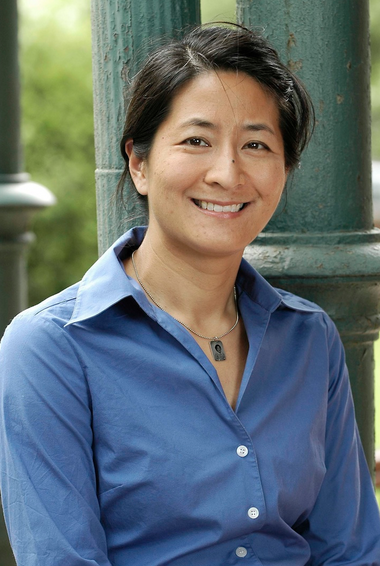During class last week, I mentioned that one of the topics I am considering focusing on for my final paper is the way that Chinese-American scholars have interacted with and impacted the historiography about Chinese immigrants. Looking at the early Chinese sociologists who worked with the Chicago School and others, I was struck by how they helped reify but also contest the “Oriental problem” and shape the debates that took place in the 1970s and beyond. That so many Chinese-American scholars were obsessed with questions of assimilation makes sense because they were working within the existing scholarly paradigm…but what else could have affected their way of thinking? It is possible that Chinese Americans felt less pressured to defend themselves as a “successfully assimilated” group once quotas were repealed and Americans largely moved from a melting pot to a multicultural perspective.
I still have a lot more to research about how we got from the earliest works on Chinese immigrants that I read in previous weeks (such as Mary Roberts Coolidge’s Chinese Immigration), so I will continue that next week. This week, however, I realized I should research Madeline Y. Hsu’s life some more since she is the author of Dreaming of Gold, Dreaming of Home. I was very intrigued by Hsu’s “personal anecdote” published on George Mason University’s History News Network, which you can read in full here.
I now understand why Hsu was able to write such a transnational book in a way that not many other Chinese American scholars have. As Hsu says,
Unlike most other American-born Chinese-who spend their formative years primarily in the United States-my main points of reference are of the multi-directional movements and fluid processes of adaptation that are possible for mobile agents with the languages and skills to function successfully in different societies. In contrast to beleaguered immigrants who arrive and are expected to disappear into America’s famous melting pot, such transnational migrants–a useful scholarly concept that I encountered in the 1990s and applied to my life in hindsight-do not blend in or remain in one place.
The interview discusses how Hsu spent her early life traveling back and forth in between China and the United States. She then discusses her early difficulties with trying to write history that was not bound by the national, since so much of the discipline constructs “narratives intended to define national borders and the people who belong within.” These histories end up leaving out the experiences of the Chinese or depict them as dire threats to the national fabric. This anecdote is definitely worth a read, and has helped me understand Hsu’s scholarly contribution much more in light of her personal experiences.


